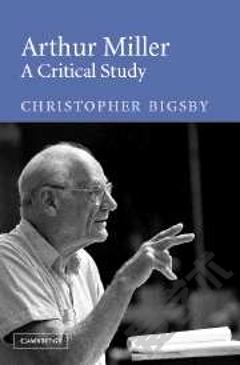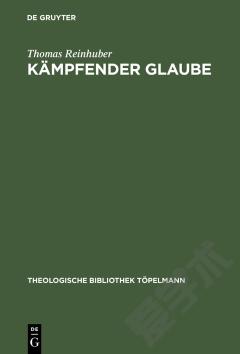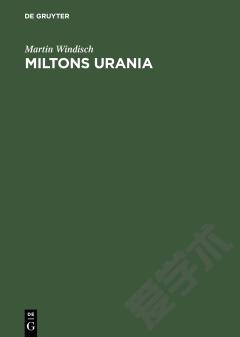Milton's Warring Angels: A Study of Critical Engagements
The centrality of Milton to the study of English literature often obscures the intense debates that rage about this ideological allegiances. The reception and interpretation of Milton's texts consistently present him as either a Christian republican or a committed individualist, a radical, heretical free thinker, or a traditional absolutist. In Milton's Warring Angels, William Kolbrener provides a critical account of the reception and interpretation of Milton's texts. He argues that the governing scheme of Milton criticism, the opposition of 'satanic' and 'angelic' readings, derives from historiographical tradition rooted in the Enlightenment. The Enlightenment antithesis between reason and authority, Kolbrener argues, has generated a set of interpretive approaches that inevitably end up violating the meaning of Milton's texts. Kolbrener shows how Milton articulates his thought in lexicons which are never fully assimilable to paradigms of modernity drawn from the Enlightenment. Instead, Milton's prose and poetry mediate between apparently contradictory positions; they join without ever reconciling the satanic and the angelic.
{{comment.content}}








 京公网安备 11010802027623号
京公网安备 11010802027623号